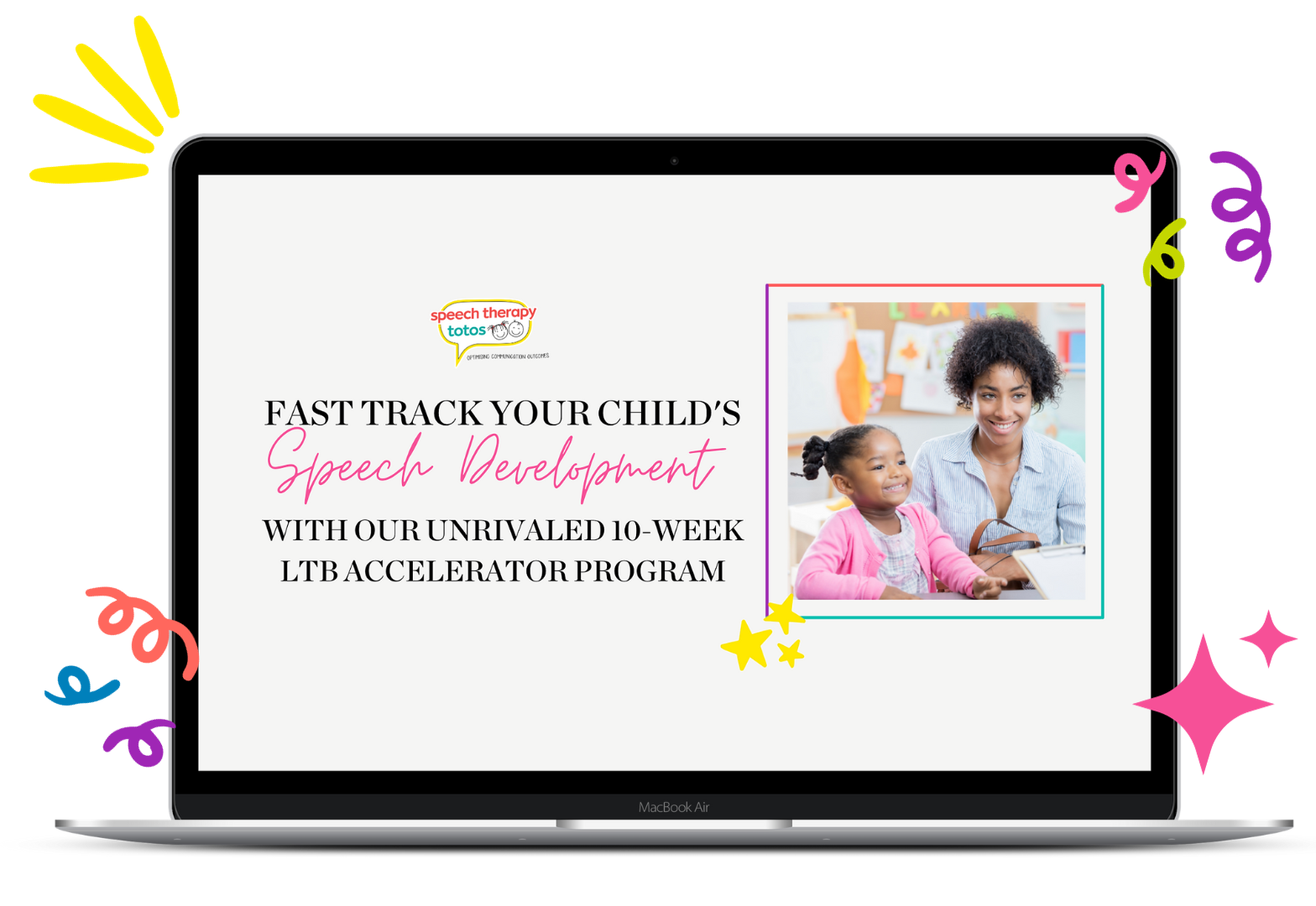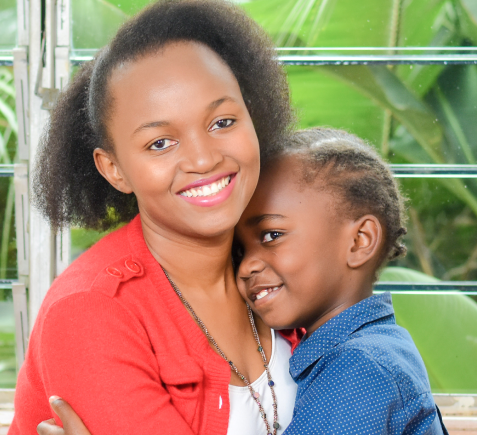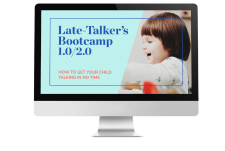What to teach your preschooler in order for them to succeed in school: Social Studies- Part III
We continue this series of what to teach your 2 – 3 year old while they are home, so that by the time they are ready to start school, they are the most equipped to thrive.
Research is clear on what ensures a child’s success at school, and it is not teaching the alphabet, writing of numbers or obsessing over colour names that sets your child up for success at school, but it is much more ‘mundane’ activities that does.
The critical building blocks to becoming a successful reader, speller and writer, are largely related to your child’s language skills. Yes, how well your child’s spoken language skills are at the time of starting school determine how well they will perform at school.
It therefore makes sense that parents should focus more on building their child’s language skills, and this is very possible to do from the comfort of your own home. Which brings me to another myth I have heard at least 10,000 times…taking your child to school early will improve their language skills!
I would like to categorically state that taking your child to a playgroup or preschool, especially if your child is delayed in their language skills, doesn’t ensure that they are able to bridge their language gaps. See this post if you are contemplating enrolling your 2 year old to school.
Schools serve the purpose of building new skills upon the foundation that has already been laid. If gaps exist in your child’s foundational skills, then it is possible that not all their gaps will be filled. The child whose foundational skills are already well established will end up having an advantage over your child.
It makes sense that you build your child’s foundational skills by learning what you should focus on during these important foundational years.
Check out Part I and Part II of this series for ideas you can implement that will get your 2 – 3 year old mastering the exact skills they need to thrive at school.
But, today, I would like to share some more ideas to add onto those I have already shared.
Social Studies to Teach your Preschooler
Social Studies expand a child’s general knowledge, and fall under the broad category of language, although this would be considered a notch more complex. You would generally find it frustrating to teach Social Studies to your preschooler if their language skills aren’t up to par.
So, before focusing too much here, spend as much time as you need expanding your child’s understanding (receptive) and talking (expressive) skills.
Expanding your child’s general knowledge improves their reasoning skills and overall conversational skills. Think about your own general knowledge of a variety of topics…does this create more or less conversational opportunities for you? Is it easier to join discussions when the topic being discussed is one you already know something about?
The same will ring true for your child. A child’s depth in knowledge about a topic is usually dependent on their exposure level, and for a preschooler, you are their avenue for this exposure.
In our homeschool, we generally will tackle various seasonal topics, but these 5 are a good place to start;
a) Family
Family is always a great topic to pick, and there is so much you could target depending on your child’s age or level of language.
Some of the topics you could cover here include;
- Family relationships; how people within the close extended family are related to the child and/or you (the parents)
- For example, how your child is related to their closest cousins, or
- How you (the parent) are related to your child’s aunties and uncles (i.e. your own siblings, etc.)
- How the grandparents are related to you (the parent)
- You may want to draw a family tree to explain some of these basic relationships
- Learning basic family relationships’ names such as cousin, aunty, uncle, grandmother/cucu, grandfather/babu.
You can let your child direct how in-depth you go with teaching these relationships.
b) Nature
Nature is an interesting topic that you can target with your 2 – 3 year old. Nature is broad, but you can start with;
- A basic description of what nature is
- What living things and non-living things are, and
- The characteristics of each
- Sorting items belonging to each category would be a fun, tactile activity
- What do living things need?
- Other topics that could extend from this broad topic are;
- Trees/plants
- Animals in various habitats
- Life cycle (eg. butterfly)
- Conservation
- How to look after our environment
- How to conserve water
- Recycling
- Planets, and you could go on and on
Let your child’s interest guide you on what to teach next.
c) Holidays
Holidays can be a seasonal topic you teach around an upcoming holiday. This will have more relevance for your child, and will extend their general knowledge in ways that are functional and easily applicable.
For example, if there is an upcoming public holiday;
- Start to gather information about the holiday and simplify it for your child’s age or language level
There are many holidays you could target, but here are some popular holidays you could begin with; religious- Christmas, Easter, Idd, Diwali, non-religious- Valentine’s, Halloween, Thanksgiving, and Kenyan- Mashujaa, Jamhuri, Madaraka, Labour, etc.
You can decide which holidays you want to target which you feel align to your faith or level of openness. It is however possible to still explain what a particular holiday is about, for the sake of expanding knowledge for your child, even if you don’t celebrate that particular holiday.
d) My Country
My country is another topic that has the potential for very broad expansion. For a 2 – 3 year old, the following topics would be an easy introduction to topic of ‘My Country’;
- 4 – 5 large cities in the country
- City of residence
- Where various people in the child’s life reside (eg. where grandma lives)
- Places visited within that country, etc.
Once these basics are mastered, you may want to expand into;
- Known landmarks in each of the cities you’ve targeted. In Kenya for example, there are several noteworthy landmarks you may choose to talk/teach about in say, Nairobi, the beach in Mombasa would make for many wonderful discussions, as would the different ways people get around between the cities
Again, with this topic, your own level of awareness and creativity will be your only limitation.
It has been my pleasure to share some of these ideas that you could target with your preschooler instead of the overtaught alphabet. I know how much I have sounded like a broken record, but I really want to emphasise how much just teaching your child the alphabet is short changing your child’s potential for being successful at school.
Check out
- What You Need to Teach Your Late-Talker (Instead of Alphabet & Colours) – Part 1
- What to teach your preschooler in order for them to succeed in school: Pre- Literacy Skills – Part II
Wishing you the best with instilling the joys of learning to your child.









